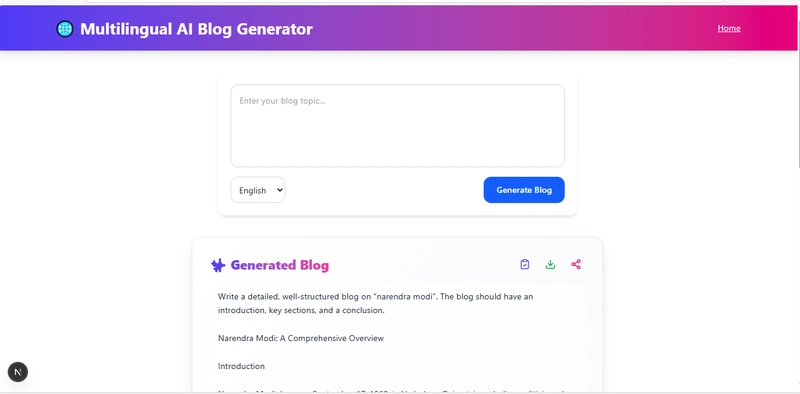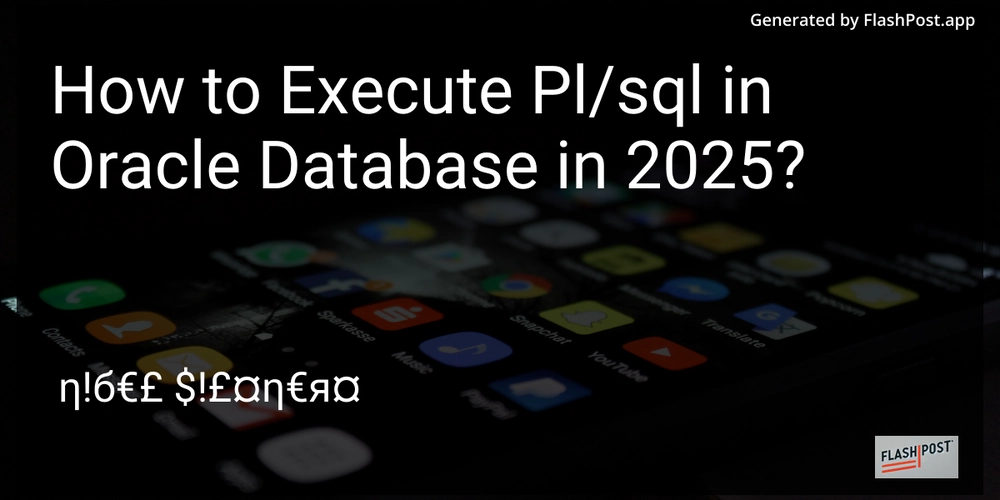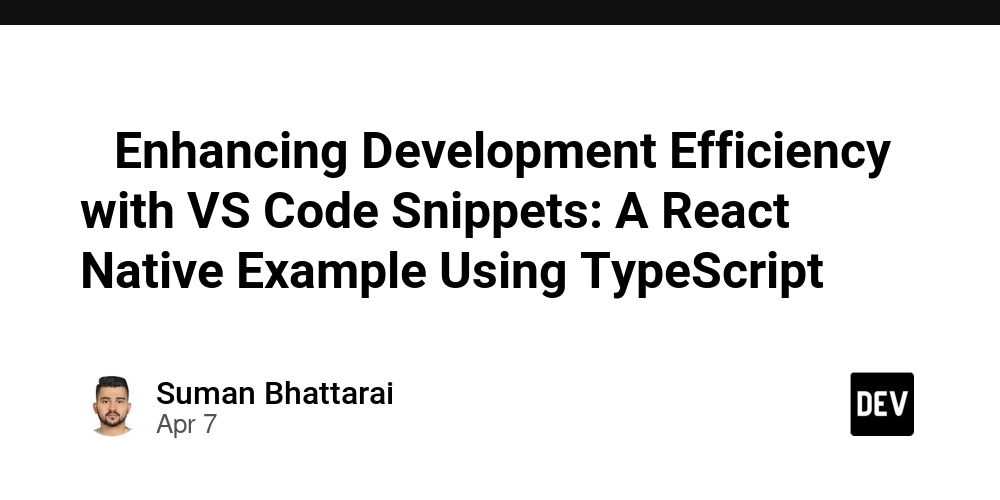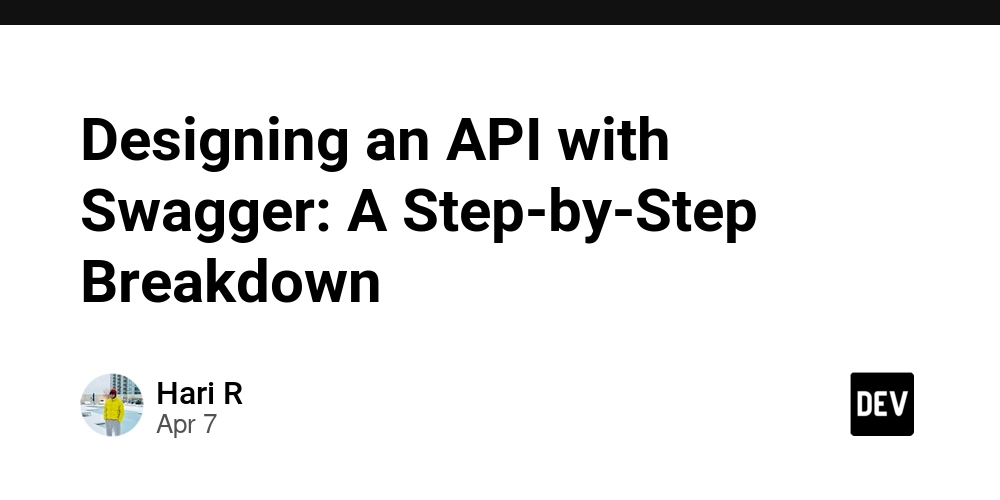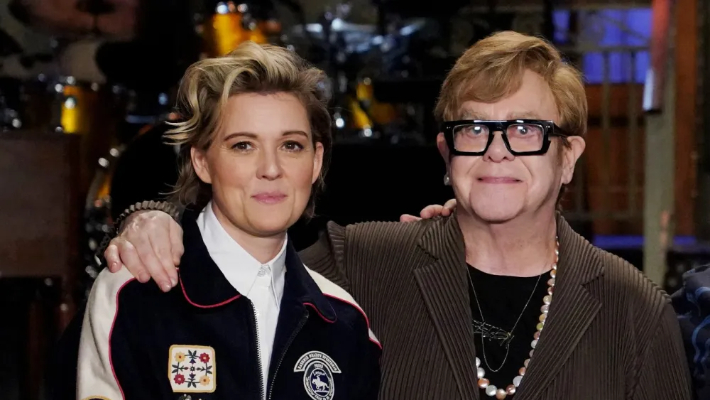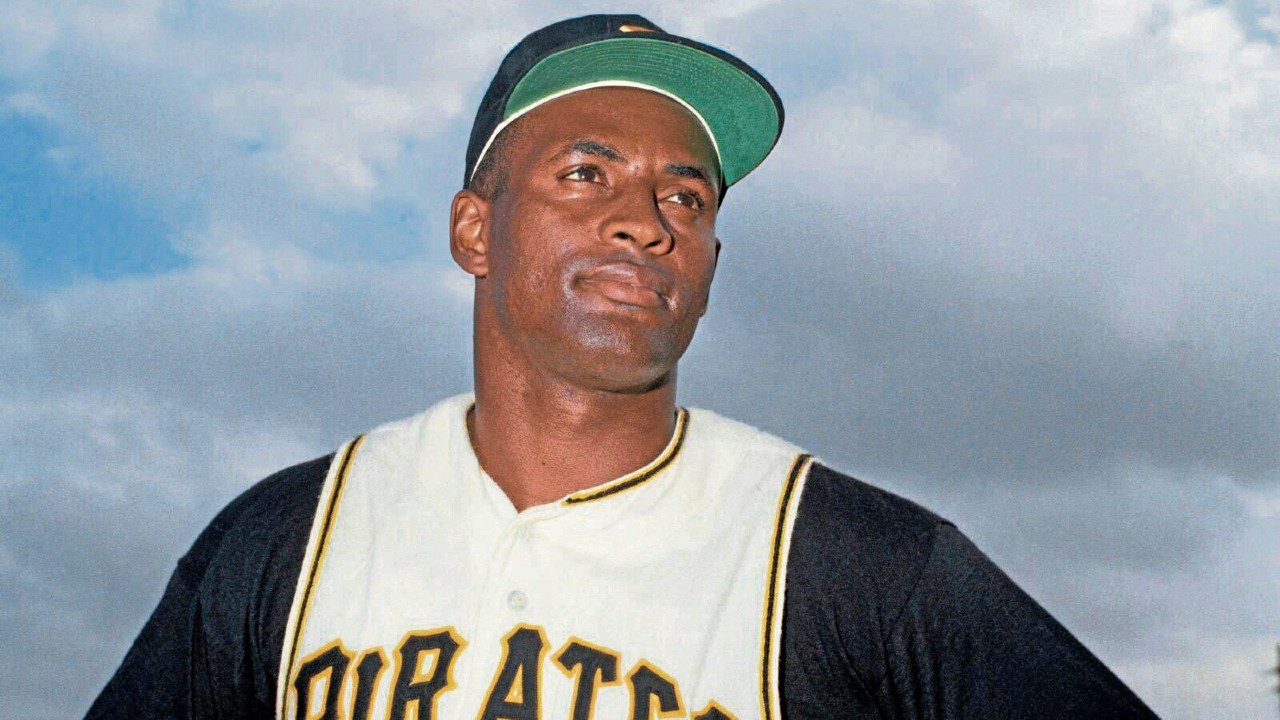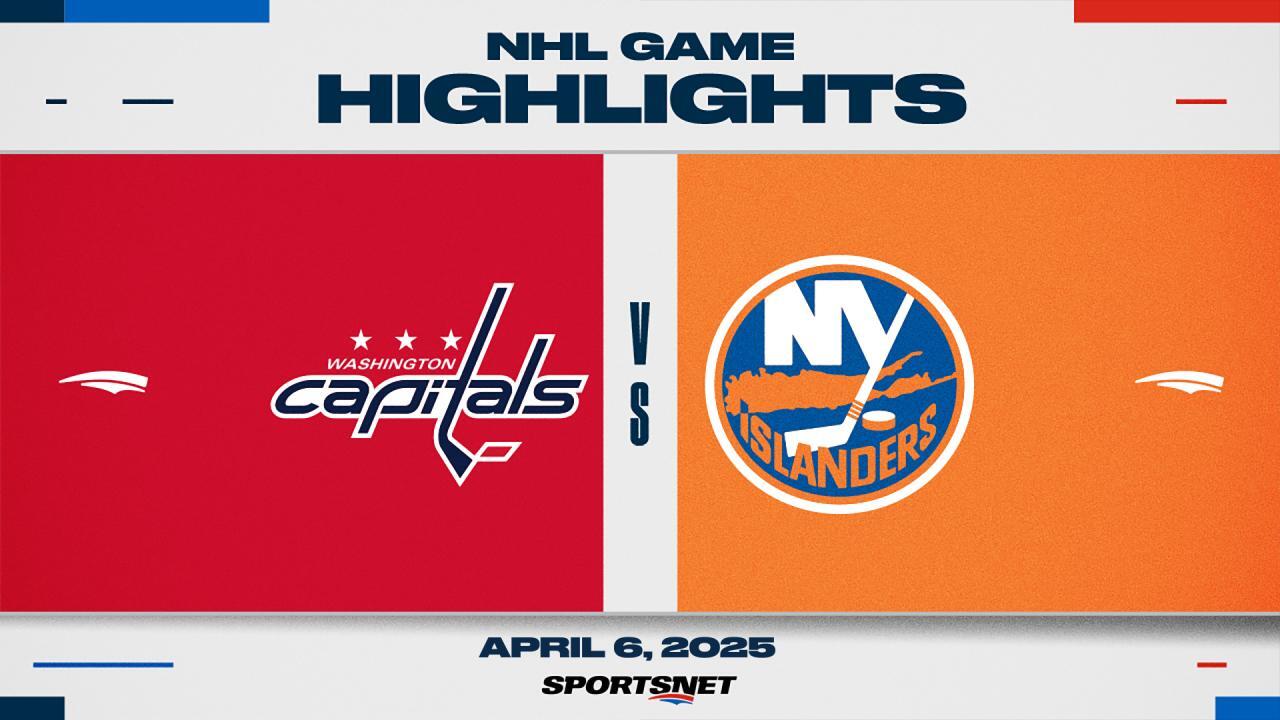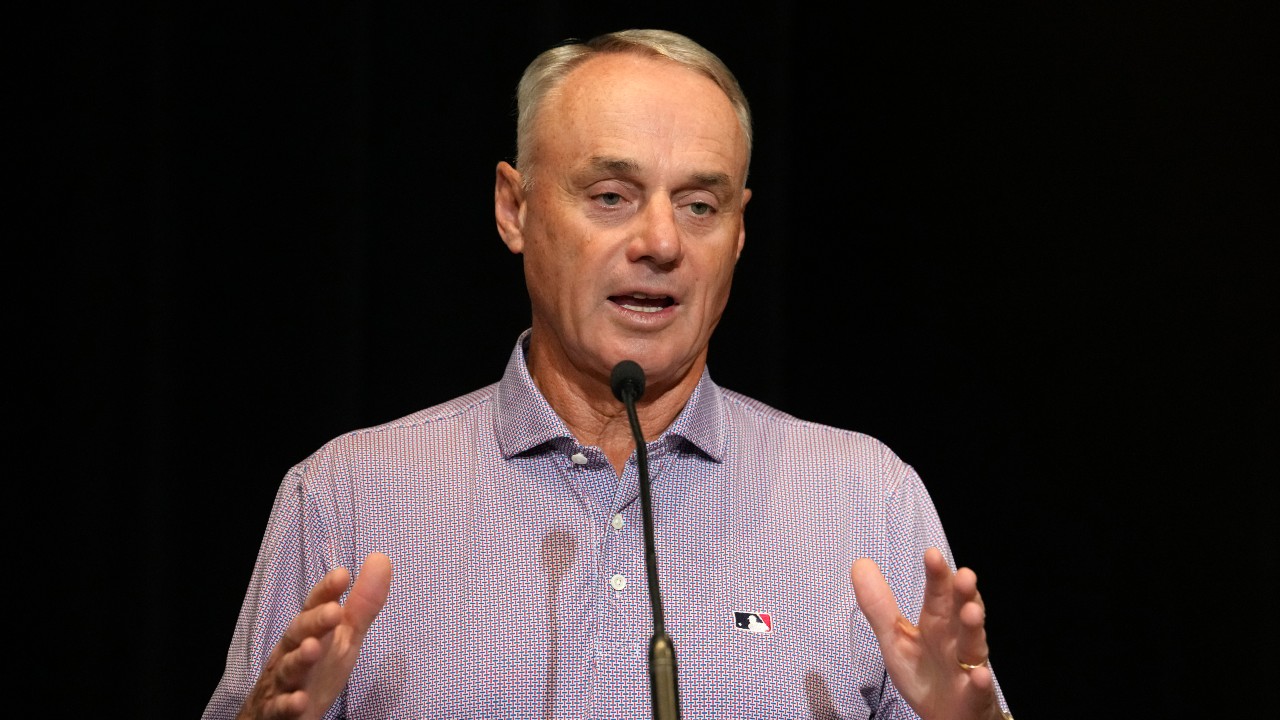'JD Vance 2028' is far from a lock
Vice President JD Vance's apparent quest to win President Trump's job three and a half years from now is a developing story, with speculation surrounding his presidential intentions and the potential for a nomination in 2028.

In the media world, the phrase “developing story” refers to the potential for new facts and changing circumstances that can alter the reporting. Thus, Vice President JD Vance’s apparent quest to win his boss’s job three and a half years from now is the perpetually “developing story” that began less than 24 hours after President Trump's second inauguration.
Officially, “Vance 2028” is merely political speculation. The vice president has not announced his presidential intentions, commented, hinted, or established any campaign infrastructure, except for various iterations of JDVance2028.com, reserved at GoDaddy.
Any Vance influencer can still buy www.electJDVance.com for only $47,000 if enticed by the sales pitch: “This domain is more than just a web address; it’s a digital platform for those who believe in his policies, his vision for the future and his potential to lead the nation to greatness from the Oval Office.”
Buyer beware!
Modern presidential politics is marked by unexpected events that significantly affect election results or candidates who misjudge the electorate, even weeks or days leading up to primaries and general elections.
Consider the July 2024 campaign withdrawal of President Joe Biden and the quickie nomination of Vice President Kamala Harris. Ask President Hillary Clinton about Donald Trump’s 2016 victory and his 2024 comeback. And then recall the New York Post headline from November 9, 2022, boldly declaring that Florida Gov. Ron DeSantis was “DeFuture” of the Republican Party.
The latter is why I cringed at the March 22 New York Post headline: “How JD Vance already took a giant step toward locking up 2028 Republican nomination for president.”
This was “news” from their White House reporter, not an opinion piece from a rabid fan. Quoted was “Republican strategist Dennis Lennox,” proclaiming, “The idea that Vance is not going to be the Republican nominee in 2028 is absurd.” Lennox theorized, “Holding all the primaries and caucuses and the convention in Houston will waste time and money that would otherwise be spent on defeating the Democrat nominee.”
Whoa, do Republican voters get a say? Has representative democracy ended? Will Republicans forget that the 2024 Democrats suffered disastrous consequences in part for failing to hold a genuine primary?
Dennis Lennox is a friend, and I understand his perspective. Vance appears to be Trump’s heir apparent. Truth be told, there are no Republican presidential wannabes with spines of steel and the unlimited resources needed to fight Team Trump’s aggressive machine.
Furthermore, as a frontman by design, the vice president attracts vast media attention, only surpassed by President Trump and DOGE “co-president” Elon Musk.
After 10 weeks in office, Vance has emerged as the most powerful and polarizing vice president since Dick Cheney served under President George W. Bush from 2001 to 2009. But whereas Cheney was never positioned to succeed Bush, the uber-ambitious forty-year-old former Ohio senator was tapped by MAGA with succession in mind.
Seemingly overnight, Vance has morphed into Trump’s international “bad cop,” generating harsh press in Europe. Last week, he made a controversial visit to Greenland. Earlier, he famously sparked an Oval Office confrontation with Ukraine’s President Zelensky. In February, the new vice president delivered a contentious speech at the Munich Security Conference.
Vance conveys and embraces “Trump’s Truth” by deliberately rattling long-standing post-World War II alliances, potentially causing lasting reputational damage. During the heavily publicized Signal chat regarding bombings against Yemen's Houthi rebels, Vance wrote, “I just hate bailing Europe out again,” noting its far greater reliance on shipping through the Suez Canal. Soon after, the UK Royal Air Force revealed that it had assisted U.S. bomber planes with mid-air refueling during the March 15 attack.
Such a rookie mistake could propel Vance to Dick Cheney levels of unpopularity. This week, an Economist/YouGov poll showed Vance with a 43 percent favorable rating and 52 percent unfavorable. Of course, Vance only works to please an audience of one, with the same poll showing Trump’s favorable rating at 44 percent with 54 percent unfavorable — taken before Wednesday’s tariff bombshells.
Polls and tariffs aside, if Vance stays in Trump’s good graces, he could be the 2028 GOP nominee. But years out, with a mercurial boss who turns 79 in June, everything is unpredictable, especially with Trump continuing to tease a third term, about which Trump says he is “not joking.”
Were Trump to make a serious third-term bid — a new sham echoing his false claim of having won the 2020 election — it might become a new loyalty test that challenges Vance's ascendancy. But strategically, Trump’s third-term rhetoric appears to be a political maneuver to delay being labeled a lame-duck at least until after the 2026 midterm elections.
The longer Trump plays this third-term game, the more momentum Vance will lose. The longer he fails to endorse Vance, the greater the chances he will refuse to endorse altogether. Naturally, also looming large is a potential 2026 Democratic “Blue Wave” whereby the GOP loses control of Congress. In that case, Vance might need to distance himself from an unpopular president. Would such a move unleash Vance's 2028 rivals, who by then will likely no longer fear him or Trump?
Although uncertainly abounds, the New York Post’s premature declaration that Vance “took a giant step toward locking up the 2028 Republican nomination” exaggerates the importance of that “giant step” — his appointment as finance chair of the Republican National Committee.
Sure, no incumbent vice president has ever held that high-profile position with nationwide exposure to major donors. But more politically consequential was Trump’s subsequent executive order charging Vance to “remove improper ideology” from the beloved Smithsonian Institution, its museums, research centers, and National Zoo. Just imagine the anti-Vance ads.
Also consider the anti-democracy messages. If Trump remains popular, he could endorse Vance early to deter opponents and, as Lennox suggested, avoid costly primaries. Such a move risks severe backlash among Republicans and Independent voters seeking alternatives to Vance.
There are so many “ifs,” and always unspoken, the vice president stands one heartbeat away from the presidency. But for now, Vance 2028 is a complex, evolving political drama, with the nomination still years from being “locked up.”
Myra Adams is an opinion writer who served on the creative team of two Republican presidential campaigns in 2004 and 2008.











